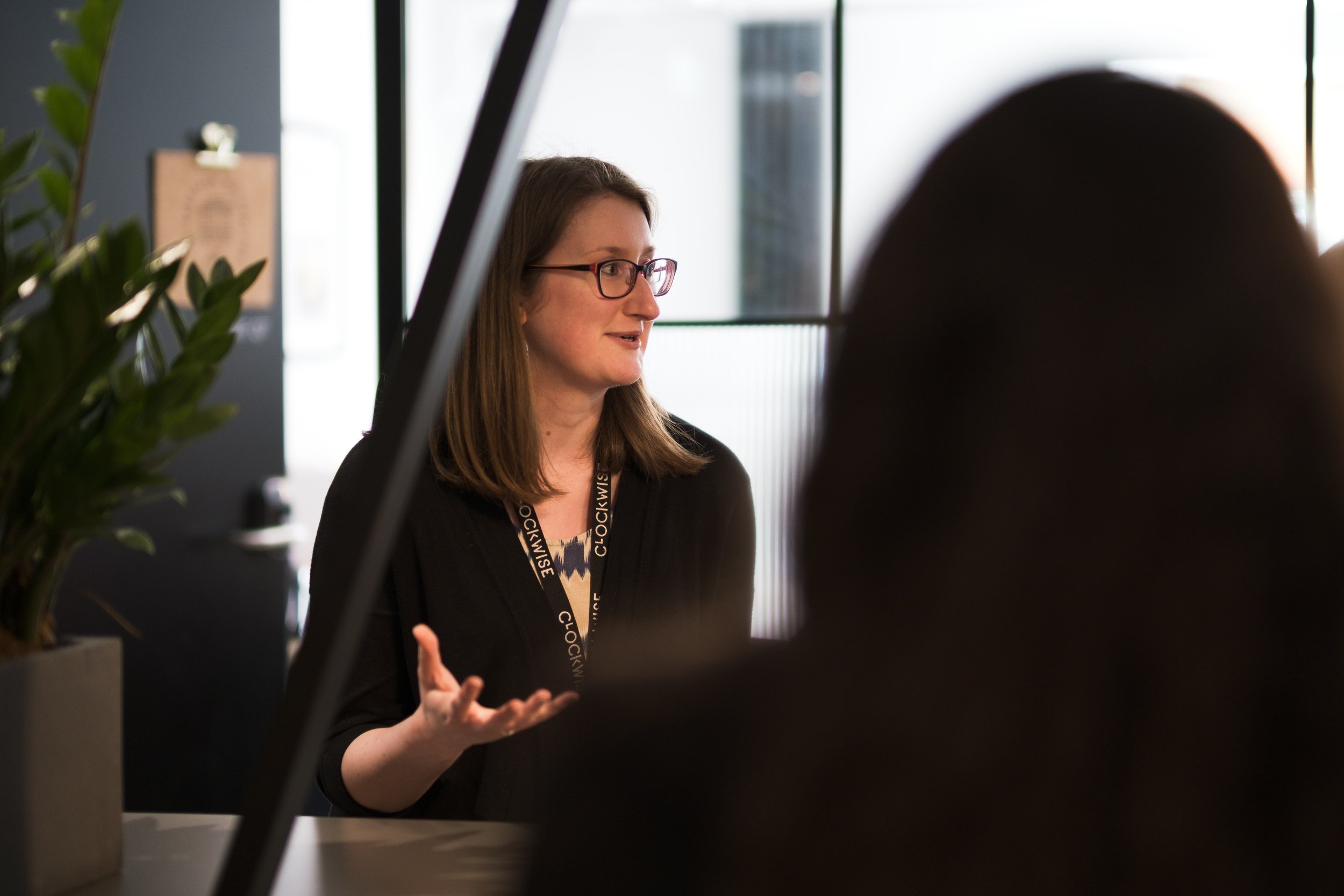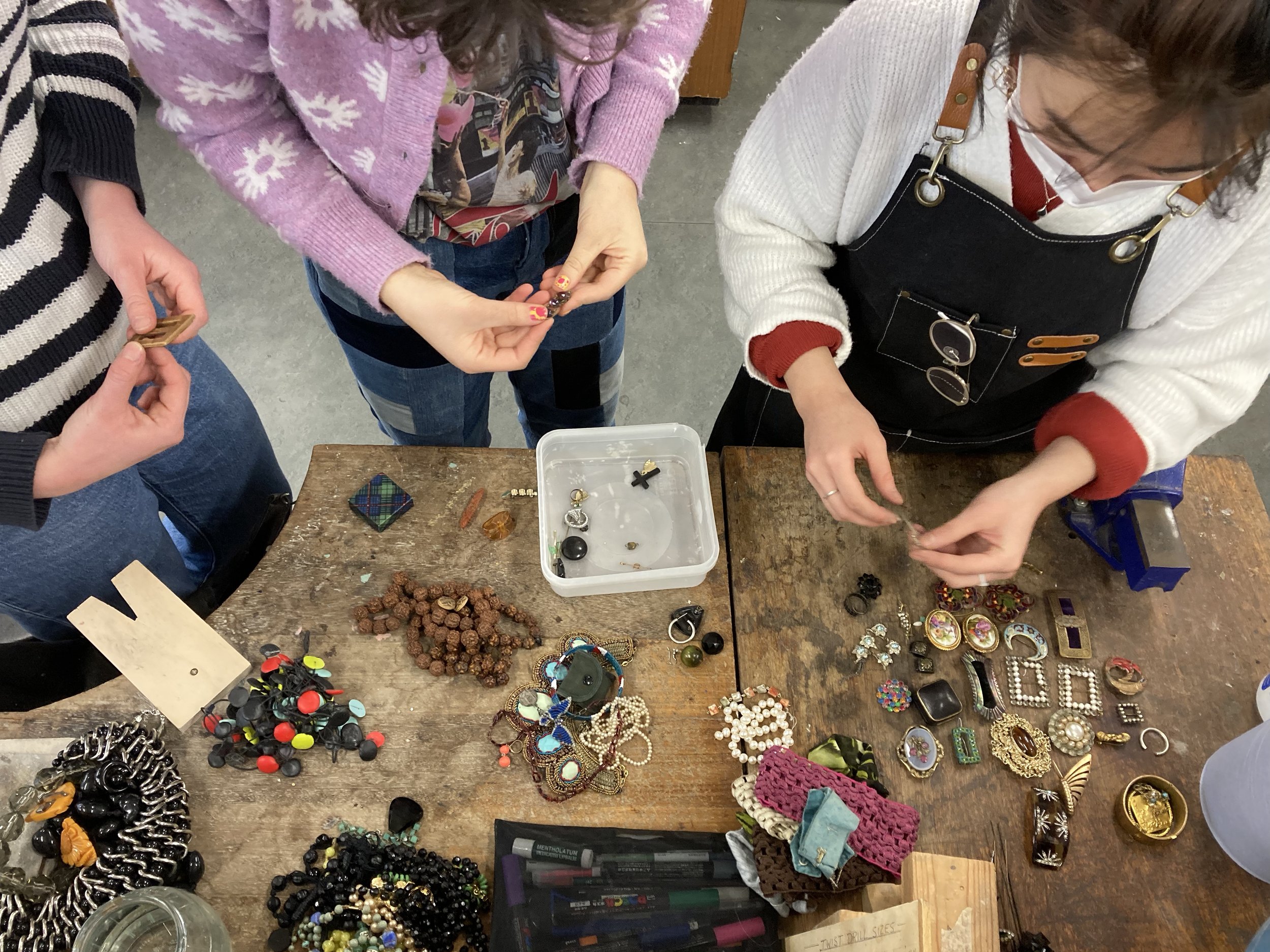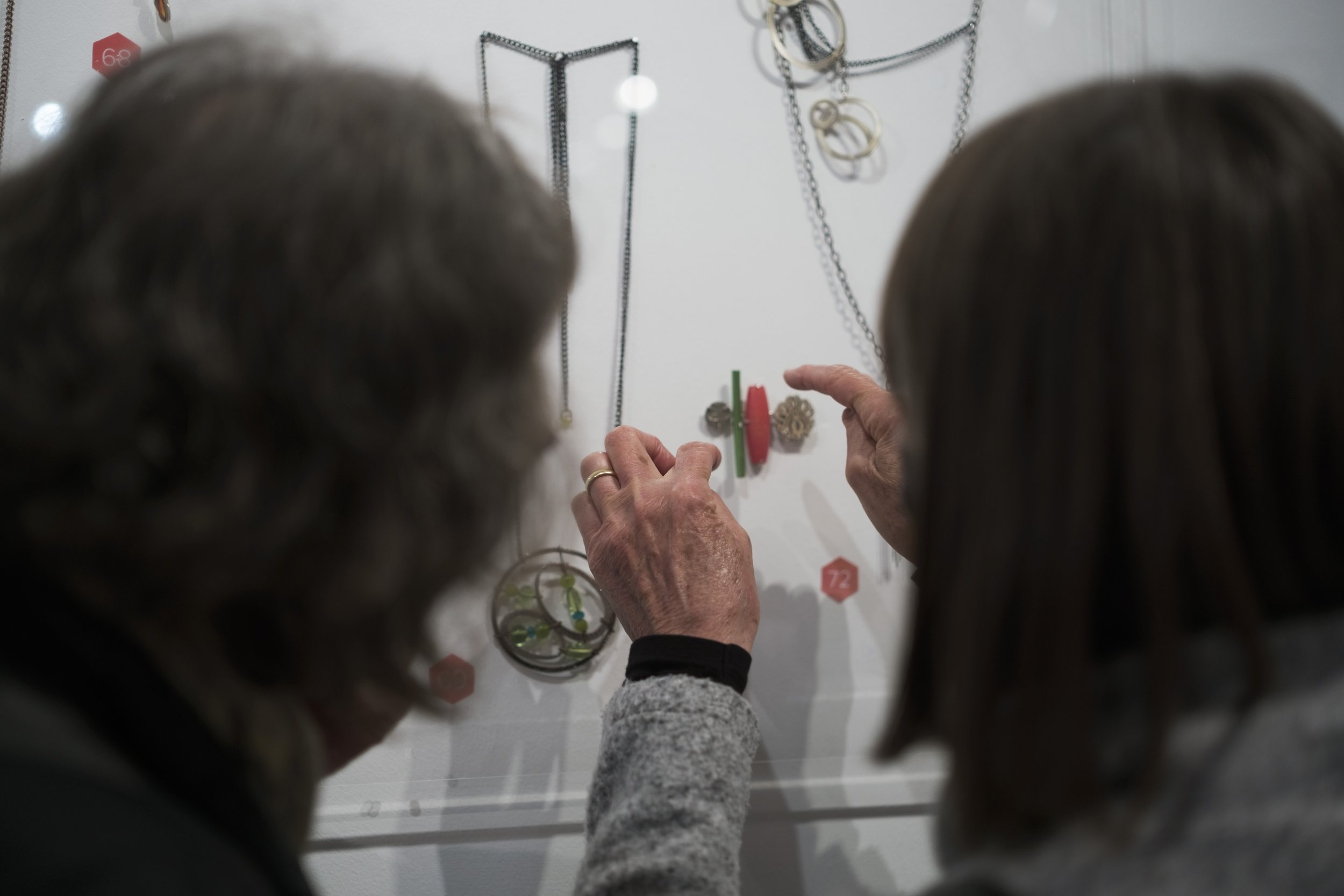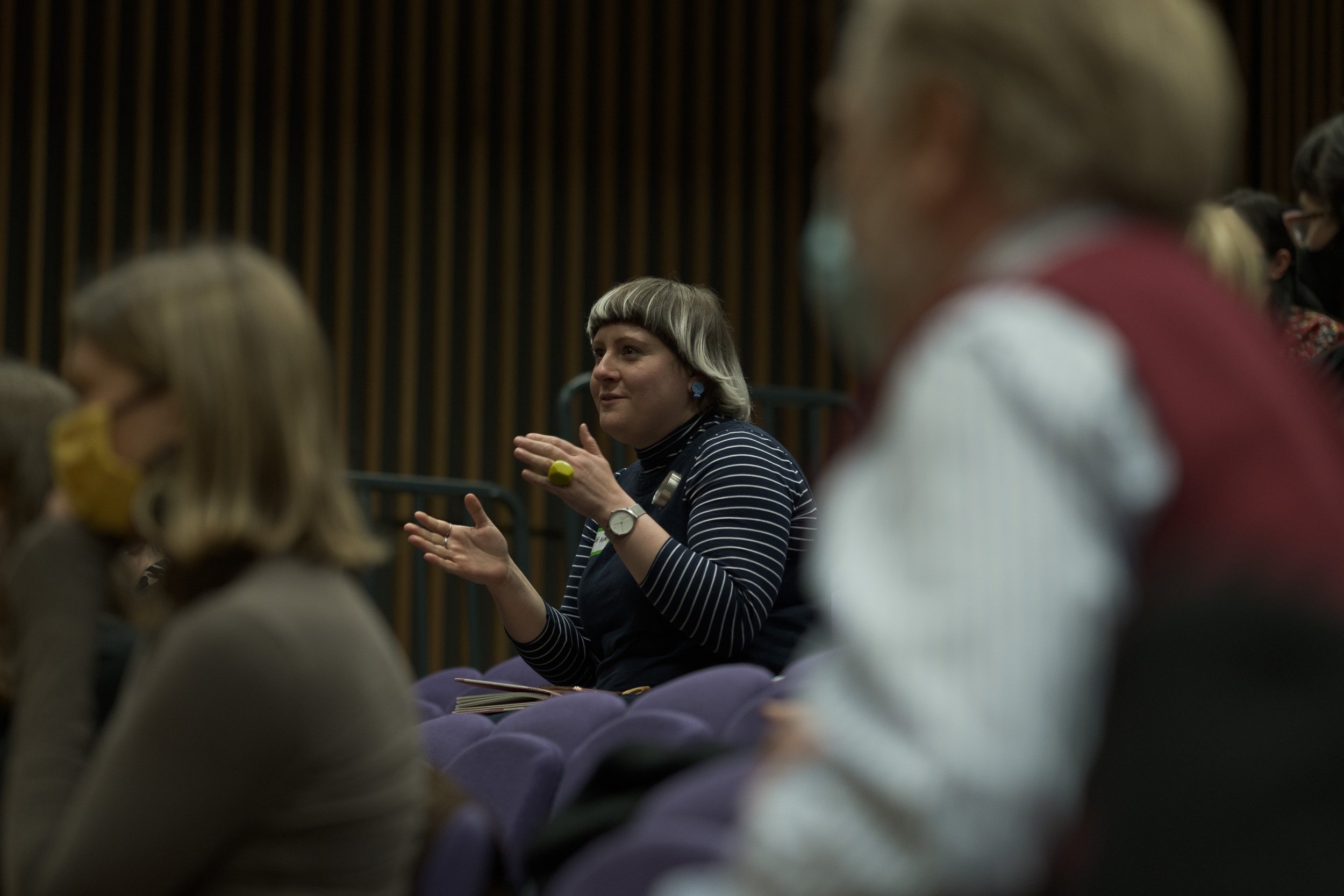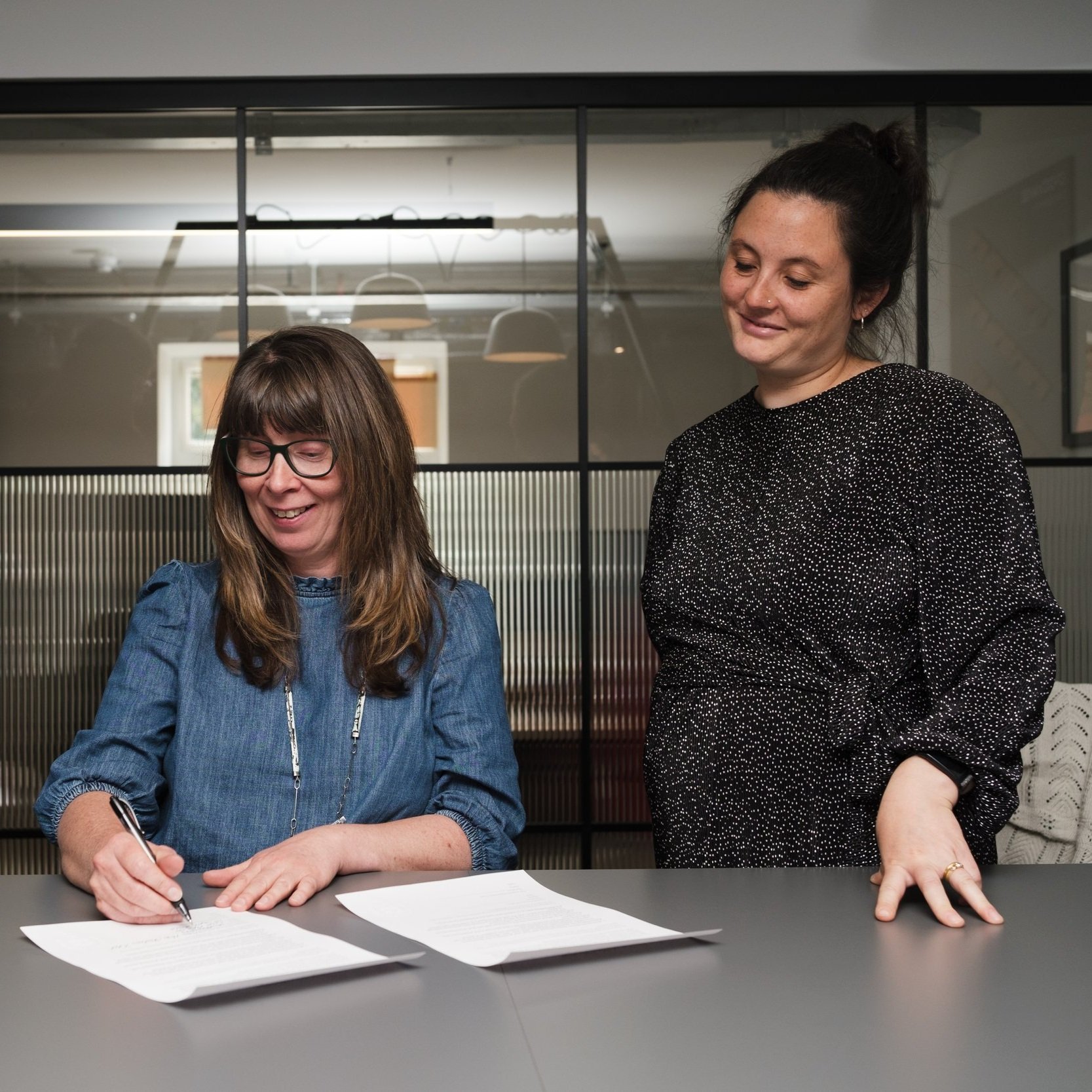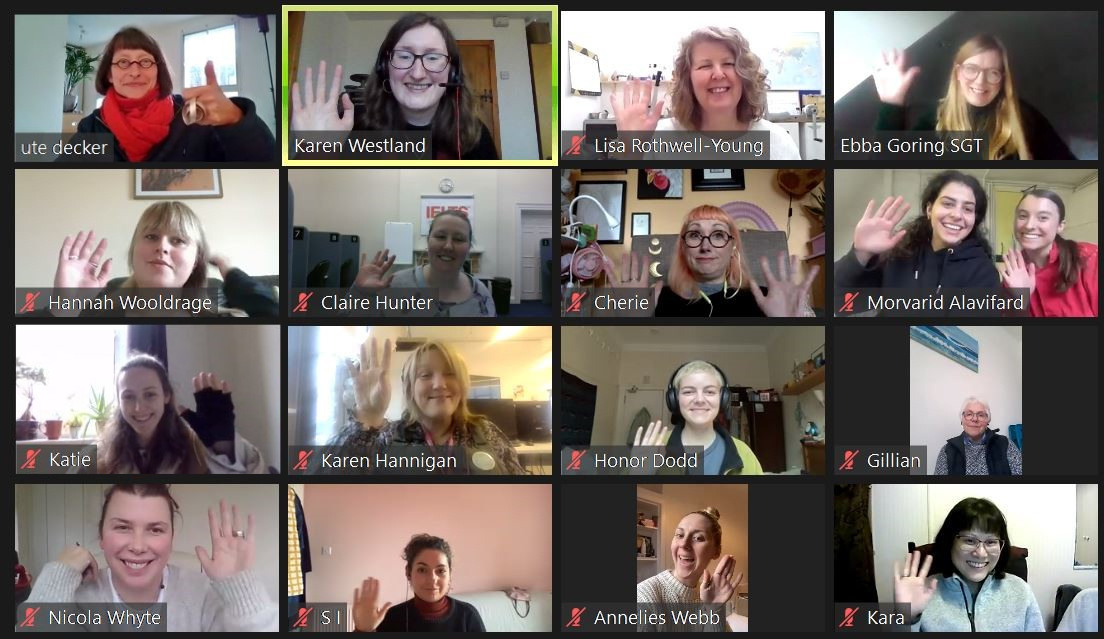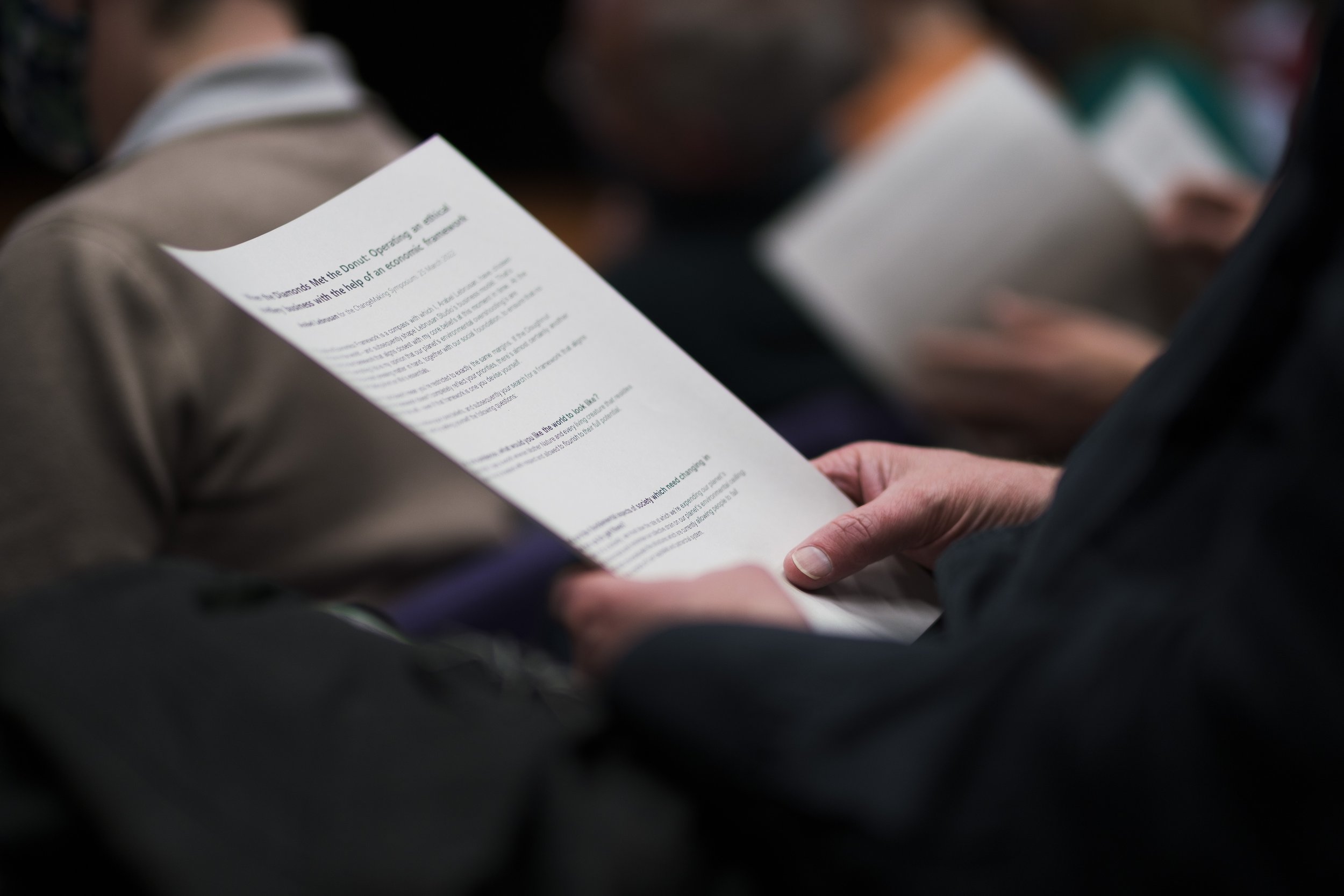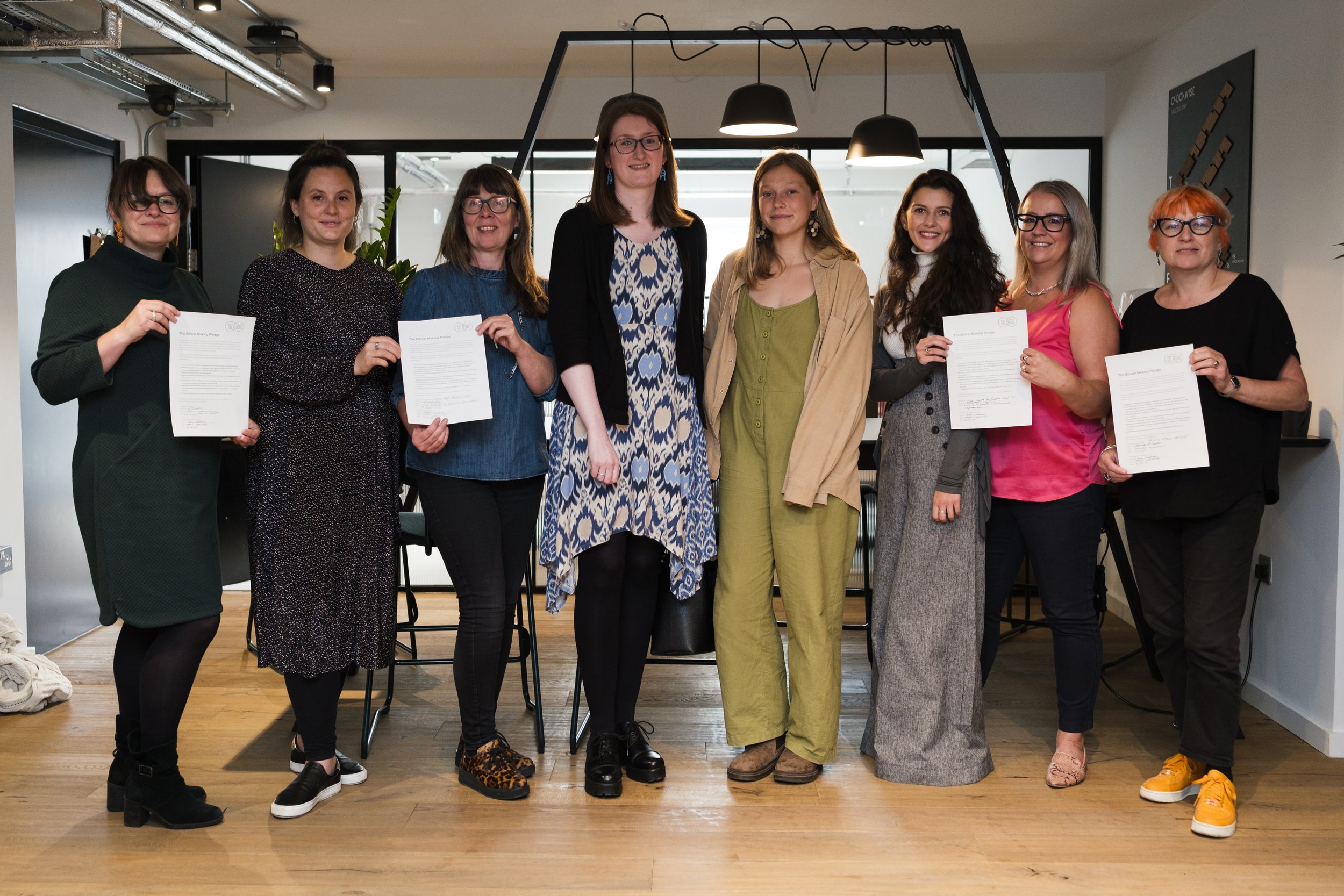Behind the Scenes | Ethical Making
In 2017 the Scottish Goldsmiths Trust established their Ethical Making (EM) Programme to support the adoption of responsible and sustainable practices in jewellery and silversmithing. Below, programme manager Dr Karen Westland introduces themself and shares an update on the EM Programme since their time on the team.
“I didn’t need to compromise on design to make more responsibly; it’s an opportunity to innovate.”
Dr Karen Westland
Tell us about yourself
I’m Karen, a silversmith and jeweller based in Glasgow, Scotland, and since late 2021 I have worked two days per week on the EM Programme at The Scottish Goldsmiths Trust (SGT). Over the last 13 years I have trained and worked with incredible craftspeople in the UK including my current scholarship through the South House Workshop Trust training under master silversmiths Rod Kelly and Brett Payne. I completed my doctoral studies at the University of Dundee in 2022 which equipped me with research and educational skills that I now use in my role with SGT.
How did you become interested in Ethical Making?
As an undergraduate at The Glasgow School of Art (GSA) my projects explored various moral issues: from the linear car industry to elephant culling, copper and gold mining and the conflicting influences around these issues. I was drawn into the complexity, yet was challenged by the dilemmas. In my third year (out of four) I hit a point where I felt like a hypocrite for exploring these issues without forming my own stance for action. Then the realisation hit me: that I could advocate for what I felt would help protect and support people and places around the world with the decisions I made in my own practice, no matter how small. I chose to be part of the ‘problem’ to help find better ways of doing things. In 2015 my final year silversmithing collection was made with traceable metals and gemstones (not the norm at the time), which received the GSA sustainability prize and The Goldsmiths’ Company silversmithing award. This reinforced my hope that I didn’t need to compromise on design to make more responsibly; it’s an opportunity to innovate.
Since then, I have continued to connect with the industry to both learn and share my experiences and do what I can in my business.
Winston Caddy Spoon, Fairmined Sterling silver, 2022. For the Reading Museum
What do you do at The Scottish Goldsmiths Trust?
I am the programme manager for Ethical Making which consists of three core projects: The Ethical Making Resource, The Ethical Making Pledge and The Scottish Goldsmiths Trust annual Symposium. Here are the key parts of my role:
Sign-posting to events, research, suppliers, organisations and information related to ethical making on the EM Resource. I maintain, add and continue to develop the sources on this website to ensure its a useful port-of-call for anyone looking for information about responsible and sustainable making practices in the jewellery and silversmithing industry
Enabling Accessibility into ethical making is a core objective of the EM Resource: to be something everyone can learn about to start and continue their journey. We provide both easy-to-understand information and share more detailed sources by referring on to reports, articles etc.
Educating via talks, blogs and the EM Pledge aims to support the ethical making journey in a multitude of ways, focusing on positive actions and impact. A range of perspectives are shared: from students, independent makers, suppliers and other industry organisations, to explore what is currently happening in all areas of our industry. We have developed our Ambassador sessions to facilitate discussion around current areas of concern for students and subjects of debate within the industry and collectively we learn across institutions.
Making connections in the industry to align our activities and collaborate where possible. For example, we run the EM Programme in partnership with The Goldsmiths’ Centre, I am a member of Fair Luxury on behalf of SGT and in 2022 we delivered Ethical Metalsmiths’ (a US organisation) Radical Jewellery Makeover across 6 colleges in Scotland.
Research is supporting how we develop the Programme. I collect and analyse data from the Resource and Pledge to understand our impact and identify areas to improve.
The EM Programme is supported by the SGT team and we have an Ethical Making committee who meet biannually to guide our future strategy and support with ongoing projects.
What are you working on in the coming months?
There are three priorities at the moment. Firstly, I am writing a report on the EM Programme which will be shared publicly for all to benefit from. It will be a useful snapshot to see where our Pledge signatories and their students are on their ethical making journey and to better understand who is engaging with our EM Resource. This isn’t information that has been previously gathered, so we look forward to taking this first step and refining it in future years. The report will be published in Summer.
Secondly, I am working toward an EM Resource ‘Library’ update: to improve navigation and add many more sources and new sections. My aim is to better reflect the range of topics now discussed in the industry and encourage you to share additions you would like to see with us.
Lastly, we are collaborating with The Goldsmiths’ Centre team to further develop our EM Ambassador programme which is part of the EM Pledge. We aim to create guides for the process to help educators and students through the learning and teaching process to better address the Pledge points.
In your opinion, why is ethical making important?
Ethical making is important because millions of people and their local habitats experience negative impacts from unregulated extractive mining practices. Precious metals are extracted for numerous industries, yet I feel the jewellery industry is positioned well to advocate for fair pay, working standards and responsible practices for what is widely considered a luxury product. Every material and decision has a story and impact. For me, the choice to make responsibly is simple: I want people to feel safe, supported and empowered. In turn I think this also empowers me to do the best I can.

